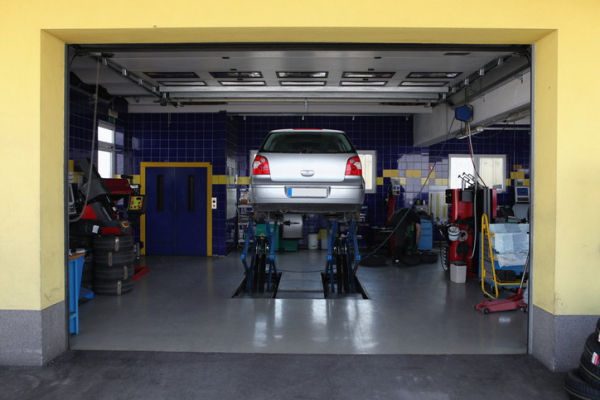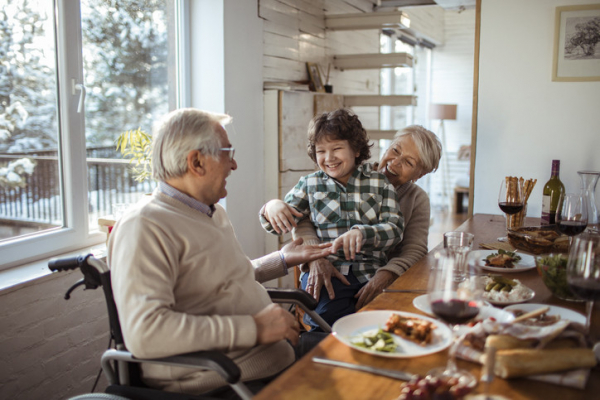
In all aspects of our lives, we rely on experts, from home repairs to weather forecasting to food safety, and just about everything else that’s part of modern society. There’s just no way to know everything about everything. Yet when it comes to medicine, people seem to be taking their health in their hands in ways they’d never consider if, say, their car brakes needed repairs and they weren’t auto mechanics.
What if your brakes were shot?
Suppose a well-recommended car mechanic tells you your brakes need repair. Hopefully, they explain why this is necessary and review the pros and cons of your options, including no repairs. You certainly could get additional opinions and estimates. But to make a decision, you’d have to accept that a mechanic has specialized knowledge and that their advice is sound. Quite likely, you’d get the brakes fixed rather than risk injury.
Would you berate the mechanic personally because they told you something you didn’t want to hear about your beloved car? Let's hope not. And unless you knew a lot about cars, you probably wouldn’t tinker with the brakes yourself, or take the advice of a neighbor to spray the tires with vegetable oil because a friend of his cousin said it worked for his car. And you wouldn’t take your car to a veterinarian — it just wouldn’t make sense, right?
Yet hundreds of thousands of people in the US are rejecting advice on getting a COVID vaccine from well-respected health authorities like the National Institutes of Health (NIH), Centers for Disease Control and Prevention (CDC), and the Food and Drug Administration (FDA). Healthcare providers have somehow become the target of taunts, hostility, and even death threats for encouraging people to protect themselves and others.
Fear of the proven and an embrace of the unproven
What’s driving this? It seems to be some combination of distrust ("these so-called experts don’t know what they’re talking about"; "they rushed the vaccines just to help the drug companies") and unfounded suspicion ("they’re trying to control us, experiment on us, inject microchips in us"). Some people see recommendations regarding COVID-19 as attacks on American values ("mask and vaccine mandates infringe on my personal freedom").
At the same time, many who dismiss the advice of true experts are embracing unproven and potentially dangerous remedies, such as ivermectin pills and betadine gargles.
How did we get here?
Some reasons we’ve seen erosion in trust placed in public health experts are
- Politics. COVID-19 quickly became a political issue in the US. For example, trust in the CDC varies markedly by political affiliation, with Democrats giving much higher marks to the CDC, FDA, and NIH than Republicans.
- Social media. Misinformation spread through social media is rampant, and much of it has been linked to a small number of people.
- "Pseudo-experts." Even impressive credentials don’t automatically qualify everyone to be experts in a pandemic disease. Recent examples include radiologists, cardiologists, and chiropractors who have made headlines with their controversial views.
- Personal gain. Some have profited financially, politically, or otherwise by deliberately spreading health disinformation and denouncing expert advice.
Confusing changes in message
Public health messaging about protecting ourselves from COVID-19 also affects trust. For example, recommendations around wearing masks were inconsistent early on, and have continued to change since then.
While some confusing, seemingly contradictory messages were true missteps, most are simply changes in recommendations based on a change in circumstances, such as spiking virus cases or a more easily spread variant causing severe illness, hospitalizations, and deaths.
Particularly in the early months, no one had all the answers. But as we have accumulated information from research and real-world experience, changes in recommendations should not only be expected but embraced. It’s usually a reflection of the close attention experts are paying to changing circumstances.
Doing your own research?
A wait-and-see policy can be risky — and not just when it comes to fixing your car brakes. The virus that causes COVID-19 was only discovered 18 months ago, and vaccines have been in use for less than a year. Yet already we have an enormous amount of data from research and real-world experience from many millions of people.
So, when someone says they want to "wait and see" or "do their own research" rather than accept the advice of their own doctors or public health experts, what exactly does that mean? Are they waiting to see if something bad will happen to those who were vaccinated? How long is long enough?
Unless you’re a cutting-edge virologist, immunologist, epidemiologist, or public health expert, doing your own research isn’t likely to provide more reliable data than studies published in peer-reviewed medical journals that guide the CDC and FDA. Of course, most people "doing their own research" are relying on others who are also not doing actual research, yet they discount the findings and recommendations of true experts.
It’s important to ask questions. But pose them to your doctor. Rely less on people who tell you what you want to hear, and more on those who trained in science and whose careers have been devoted to improving health.


